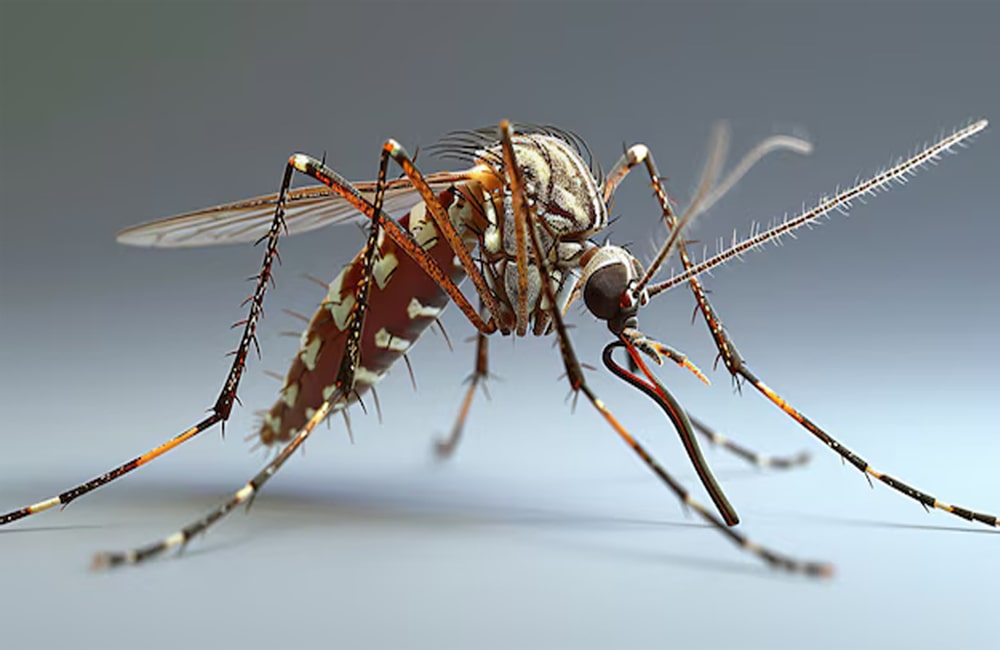
Dengue treatment: Foods to eat and avoid
Posted By Suborna Fermi
Posted on May 17, 2024
Monsoon season not only comes with a relief from the scorching summer heat, it also brings an array of infections. The most common monsoon infection is dengue. Dengue has become one of the major health challenges nowadays. It is a mosquito-borne viral disease that spreads through bites of the infected female Aedes aegypti species mosquitoes.
This viral Infection causes low platelet Levels and damages blood vessels. An infected person may experience high-grade fever, headache, muscle ache, and rashes within a few weeks after getting infected. There are various types of dengue fever. Milder type of this fever may settle within a week. However, in severe cases, the symptoms may get worse with time. Get yourself tested with a dengue test from thyrocare to see whether you are infected or not.
Although there is no specific treatment for this fever, a balanced and healthy diet is essential to accelerate the recovery process. In this article, let’s discover the foods that are essential and foods to avoid for dengue patients.
Foods that are essential for dengue patients :
- Papaya leaf juice: Many studies have found that eating papaya leaves are essential for fighting dengue virus. Papaya leaves are extremely helpful in increasing platelet counts which is beneficial for dengue patients. You can get a thyrocare blood test to check the platelet levels in your body. Papaya leaf extracts have enzymes such as papain and chymopapain that help to prevent bloating and other digestive issues. The best way to consume papaya leaf is to make juice out of it. Consider mixing 30 ml of papaya juice with some water and drinking it thrice a day.
- Vegetable juice: Vegetable juice is another best drink for dengue patients. Vegetables have many essential nutrients that provide proper nourishment to the body and improve immune health. You can also add some lemon juice to the vegetable juice to increase the efficacy.
- Herbal tea: Herbal tea has beneficial ingredients that help in relaxing the body and mind, which is important for dengue patients. You can use ginger, cinnamon, cardamom, and peppermint to make the herbal tea. This herbal tea is very helpful for providing sound sleep. Getting proper sleep is essential to recover from dengue fever.
- Coconut water: Dengue patients are more likely to experience dehydration due to high fever, nausea, vomiting, and diarrhea, especially during the febrile phase. That is why doctors recommend drinking coconut water, because it is high in electrolytes and other essential nutrients.
Foods to avoid during dengue fever:
- Non-vegetarian food: Doctors generally recommend avoiding non-vegetarian foods during dengue fever. Especially, during this fever individuals become weak and the digestive system slows down. Non-vegetarian foods take time to digest, that is why dengue patients must avoid eating non-vegetarian foods.
- Fried foods: Oily and fast foods contain high amounts of fats that can increase blood pressure and cholesterol levels, which can slow down the recovery process.
- Spicy foods: Spicy foods should be avoided during this fever, because this type of food can cause acid accumulation in the stomach which can lead to ulcer. This can eventually interfere in the recovery process.
For a rapid recovery, try to drink papaya juice, coconut water, herbal tea, and vegetable juice. Also make sure to avoid non-vegetarian foods, caffeinated drinks, and oily or spicy foods. With a proper lifestyle and healthy diet, you can speed up the recovery process.
